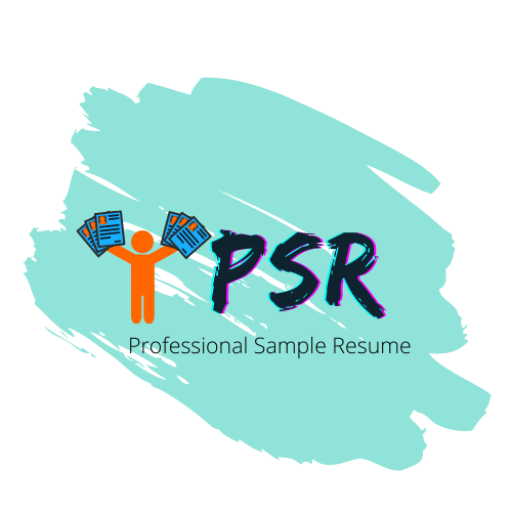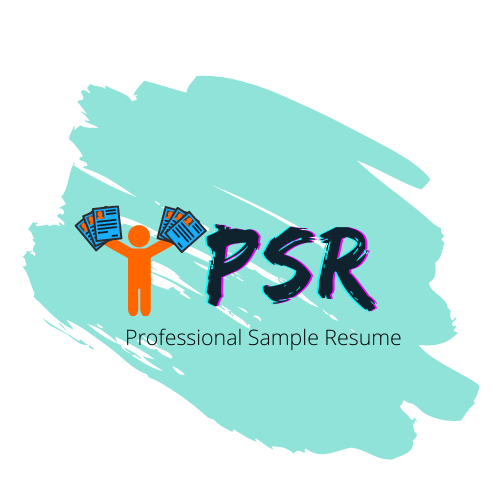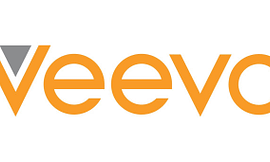If you are looking to know, “Is medical coding a dying career?” The answer is No. The healthcare industry in the United States is continually evolving, as are the roles and careers within it.
I recently got an email from someone who asked if medical coding is still a good career choice. The world is always evolving, so it’s natural to wonder about the future of any profession.
But I thought about it, and the short answer is no, I don’t think it’s going away anytime soon. However, is the medical coding profession evolving? I’d have to say yes to that.
Many people wonder if medical coding is a dying career. In this article, we will examine the data and industry insights to provide a clear perspective on this topic.

Reading Lists
The Foundation of Medical Coding
The process of translating complex medical procedures, diagnoses, and services into standardized codes is known as medical coding.
These codes are essential for tasks like billing, insurance claim processing, medical research, and healthcare analytics. To determine the vitality of this profession, let’s examine the available data.
As an example, suppose a report states that a patient “does not have pneumonia.” You, as an excellent medical coder, would know not to code that. However, computer-assisted programs can overlook this. That is, it will code the pneumonia solely on the basis of the key word it picked up. That is just one example; there are many more.
Demand for Medical Coders in the USA
Job Growth
Data from the U.S. Bureau of Labor Statistics (BLS) provides a clear picture of the job outlook for medical coders in the USA.
The job outlook for medical coders and health information technicians is positive, as their employment is expected to grow by 8% from 2020 to 2030.
This rate is faster than the average for all occupations, indicating a robust demand for these professionals.
Industry-Specific Data
Looking deeper into the healthcare industry, organizations like the Healthcare Financial Management Association (HFMA) emphasize the indispensable role of medical coders.
Their data indicates that medical coders are in high demand due to the increasingly complex regulatory environment of healthcare.
The intricacies of coding and billing require specialists who can ensure compliance with evolving rules and regulations.
The Impact of Technology
Automation and AI
While technology, including automation and artificial intelligence (AI), has made inroads into various industries, it has also touched medical coding.
However, it’s essential to note that technology isn’t replacing medical coders but rather complementing their work. According to the American Academy of Professional Coders (AAPC), AI tools assist coders in identifying potential coding errors, but the final coding decisions still require human expertise.
Electronic Health Records (EHRs)
The widespread adoption of Electronic Health Records (EHRs) has streamlined the medical coding process. Coders now rely on specialized software and databases, reducing the risk of errors and making the workflow more efficient.
The Healthcare Information and Management Systems Society (HIMSS) underscores the significance of EHRs in modern healthcare, emphasizing the need for skilled coders to navigate these systems effectively.
Education and Certification
Accreditation and Certification
For individuals considering a career in medical coding in the USA, education and certification are pivotal.
Accredited programs offered by institutions like the American Academy of Professional Coders (AAPC) and the American Health Information Management Association (AHIMA) provide the necessary training and credentials, further solidifying the importance of formal education in this field.
Ongoing Learning
The healthcare landscape in the USA is subject to frequent changes in coding guidelines and regulations.
AAPC mandates that certified coders engage in ongoing education to maintain their credentials, ensuring that they stay current with industry developments.
This emphasis on continuous learning underscores the dynamic nature of the profession.
The Future of Medical Coding
In conclusion, the available data and industry insights resoundingly reject the notion that medical coding is a dying career in the USA.
The coding profession is in high demand due to the changing healthcare field and the important role it plays in accurate coding.
Aspiring medical coders should focus on acquiring proper education and certification, stay abreast of industry trends, and embrace lifelong learning.
The data paints a clear picture: medical coding remains a vital and promising career in the dynamic and ever-evolving field of healthcare in the United States.
Is Medical Coding a Dying Career?
No, medical coding is not a dying profession. Although technology and artificial intelligence are bringing about significant changes in the medical coding profession, medical coding remains a high-skill and human-intelligence-based profession.
Human analytical skills are in high demand for accurate medical coding reports. However, current and aspiring coders must also learn how to use technology to its full potential and minimize time spent on routine tasks.
Technology can help with medical coding, but there are still some things it can’t do yet.
In the future, technology may be advanced enough to replace human medical coders with software programs. This could take around 20 years to become a reality.
As a result, it can be stated that medical coding will continue to exist for some time, and aspirants can confidently pursue a career in medical coding.







